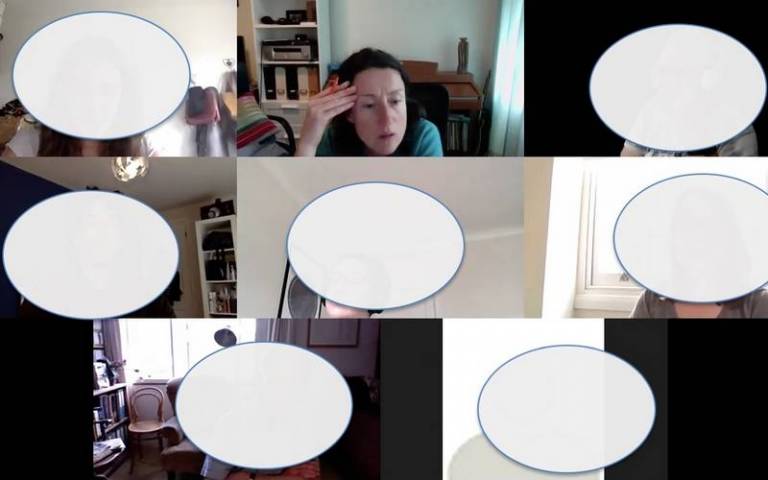Learning with Residents
How to discover what will work for everyone? By Helen Roberts and Lucie Teoh

1 August 2020
The clean air community has been working to engage people from across the local area in and around Great Ormond Street. Clean air is a ‘pilot light’ and we know people are keen to engage (see previous article Taking a breath during lock down).
We have been developing ideas about processes and what works well for everyone via a ‘UCL Grand Challenges’ funded pilot project. Here Helen and a researcher in public health at the Institute for Child Health at UCL, Lucie Teoh share their experiences on learning with residents.
Connecting with Residents – Lucie Teoh
In October of 2019, Helen and I sat in and observed one of the Great Ormond Street residents liaison group meetings. Representatives from the construction company, project manager and GOS communications lead attended to provide an update on the masterplan for the GOSH cancer centre as well as findings from a local traffic survey. The residents raised their individual concerns regarding the environmental and health impacts as result of the building activities, which were manifold. The residents brought forward the need for a proactive approach to consultation which could be achieved through better engagement with the local community, such as conscious efforts to target local residents when advertising hospital opening events and activities.
Hearing from Residents - Helen
We had originally planned to have in-person focus groups – and I now know from experience that Lucy – my colleague from the Bartlett who is leading our wider collaboration with Laws on clean air – is Queen of focus groups. We had the added benefit of a local resident who works in the creative industries – among other things doing focus groups – and very well networked locally, Although we could have taken her on through Unitemps with our small grand challenges grant, she declined payment as she was keen to be – and be seen as - totally independent from the university or the hospital. With no capacity at the start of lockdown for focus groups, and no ability to carry out a survey – something turned down by an ethics committee as survey monkey was seen as a GDPR risk – our local contact and another volunteer we connected with through snowballing – designed and carried out a survey and the respondents gave permission to them to share the data with us.
Our contacts emailed their wide networks, and designed posters which went up in the People’s supermarket and Tutti’s a local café (with a QR code to find the survey) and we had 50 respondents by 5th July 2020, when the survey ended.
 Close
Close

